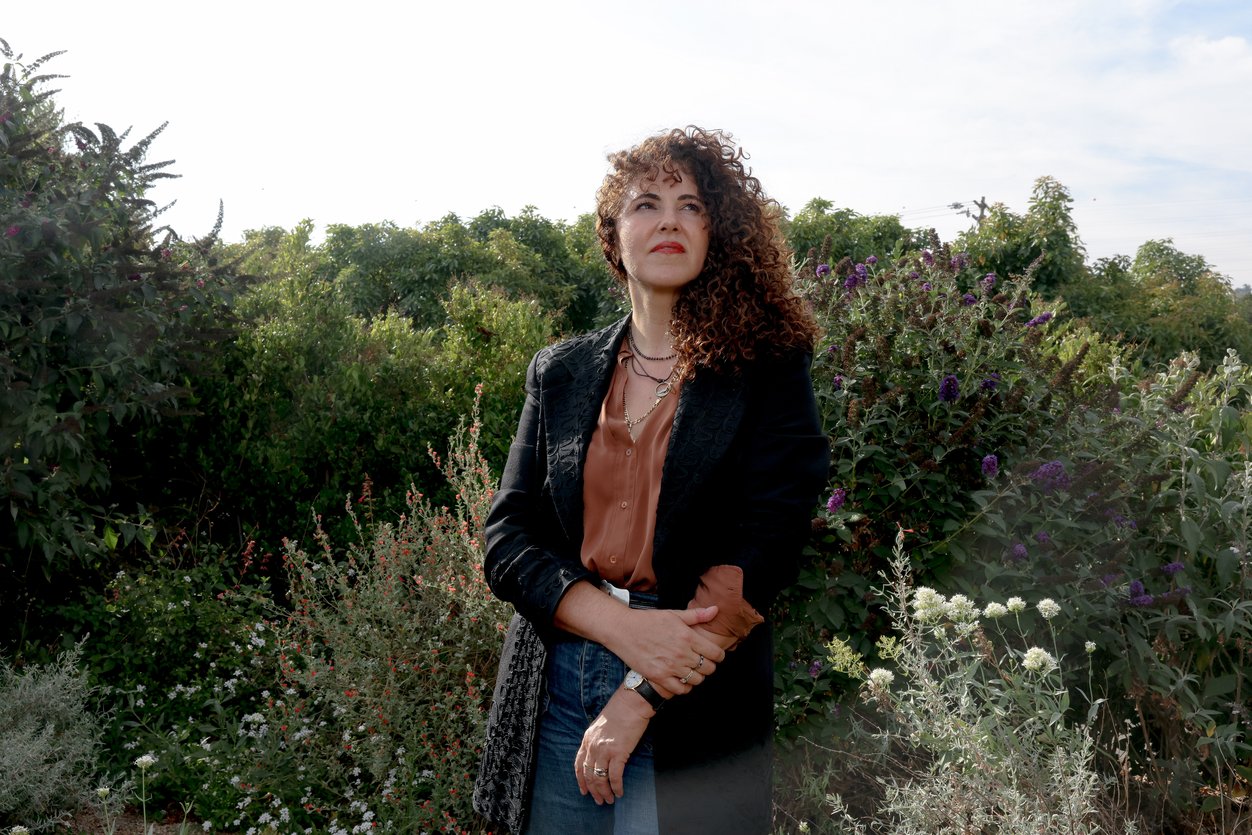Closer Look
A memoir writer helps doctors share their own stories
 Dania Maxwell for STAT
Dania Maxwell for STAT
Soon after Covid arrived, Lauren Braitman (above), director of writing and storytelling at Stanford Medical School's program for medical humanities in the arts, felt compelled to start a virtual writing workshop, free for any health care professional with an internet connection to attend. "We will just go until you people don't want to come anymore," she said, while as many as 150 Zoom squares filled up on Saturdays.
It's still going. But it was also more. Teaching medical students how to process their feelings and communicate with vulnerability was a symbiotic relationship for Braitman. She was also getting comfortable with the hard parts of her life's story. Reflective writing isn't "a Band-Aid for the American health care system," she told STAT's Isabella Cueto. "But it does give people a chance to remember why they got into this field in the first place, and how they might keep going." Read more.
In the lab
A lullaby to take the sting away for the littlest ones
A newborn getting a heel prick to draw blood is an iconic image of an infant's first days of life. The soundtrack of pitiful squalls is also familiar, but a study in Pediatric Research suggests another way. A blinded clinical trial studying 100 infants suggests playing a Mozart lullaby might lessen the babies' pain. (I'll wait while you listen.) Researchers assessed their pain while wearing noise-canceling headphones that blocked the Mozart but couldn't hide the grimaces, crying, breathing, limb movements, and alertness (no pacifiers or comforting allowed).
Just over half of the newborns heard Mozart for 20 minutes before and during the heel prick and for five minutes after. The other babies heard no music. All the babies felt some pain, as measured by the observers, but the Mozart babies appeared to feel less — and only during the heel prick itself. Three minutes later all the infants were fine.
medicine
Opinion: Even misunderstanding chaos theory helps a child psychologist help children in distress
Inpatient child psychiatrist Sharmila Bandyopadhyay Mehta had a revelation when Covid eventually sent her home to recover in bed. After months of treating children experiencing mental health crises with what she understood to be the "butterfly effect," she read enough chaos theory to see she was mistaken. The flap of a butterfly wing that could lead to a tsunami on the other side of the world, or meaningful change in the life of a child facing daunting challenges, was not what she thought it was.
She'd made it through difficult days in her safety-net hospital, especially early in the pandemic, by believing the smallest change was meaningful. But the theory holds the opposite: "It is virtually impossible to predict the magnitude or direction of a small intervention," she writes in a STAT First Opinion. Still, "without that critical flap, never mind a tsunami — there was no chance for change of any kind." Read more.


No comments